“I Left My Condo Vacant For 7 Years” Here’s What Singaporeans Who Stay Abroad Do With Their Homes Here
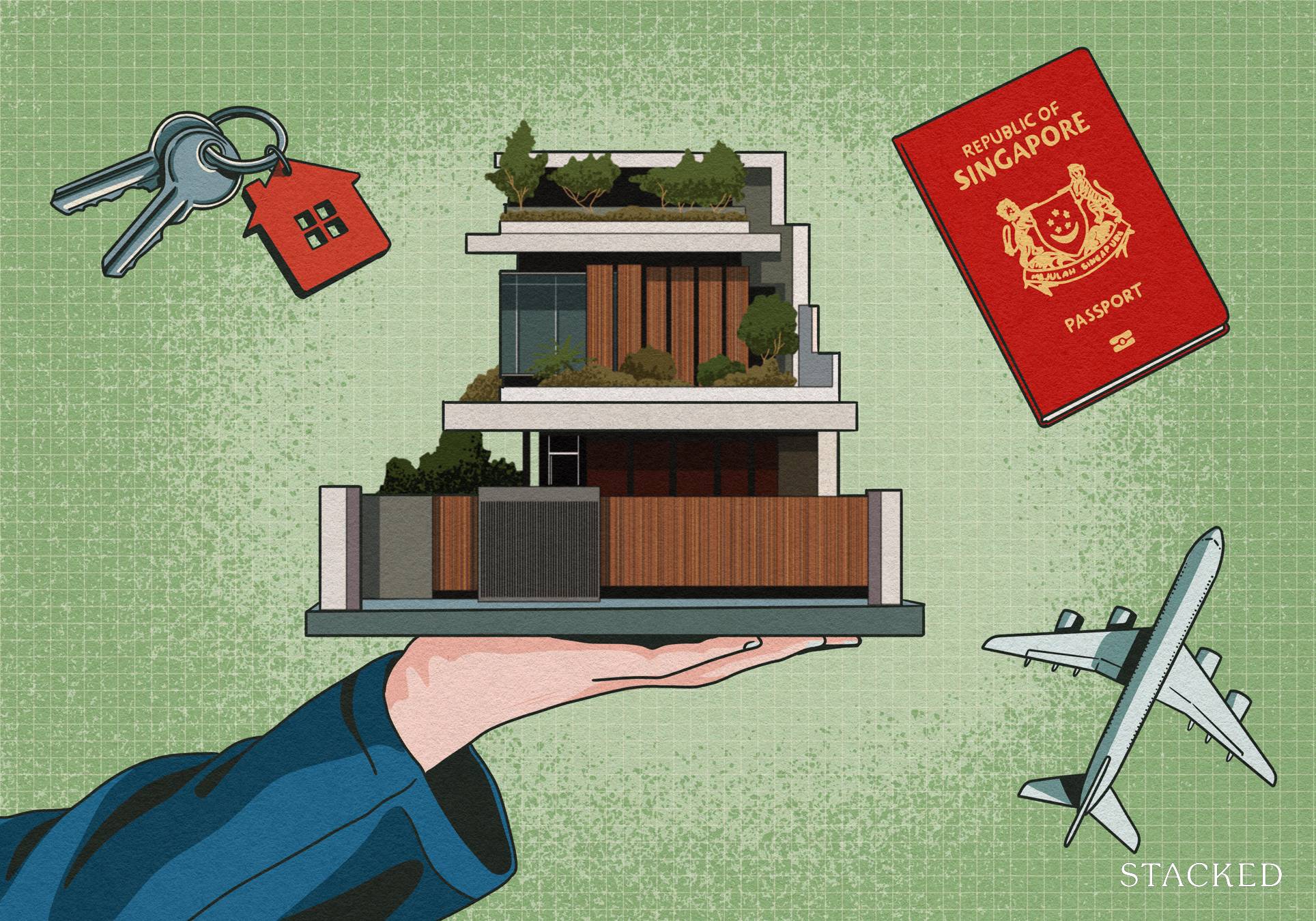
Sign up to Stacked's newsletter: Our free newsletter trusted by serious Singapore property buyers.
A seasoned content strategist with over 17 years in the real estate and financial journalism sectors, Ryan has built a reputation for transforming complex industry jargon into accessible knowledge. With a track record of writing and editing for leading financial platforms and publications, Ryan's expertise has been recognised across various media outlets. His role as a former content editor for 99.co and a co-host for CNA 938's Open House programme underscores his commitment to providing valuable insights into the property market.
Workforces are increasingly global, and given our high levels of education and competitiveness, Singaporeans are quite in demand. This results in a number of us working abroad, anywhere from months to years at a time. But what do these Singaporeans do with their HDB flats or condos while abroad? The answer isn’t always renting. We spoke to a few Singaporeans abroad about what becomes of their home:
1. Special permission to rent out the flat before MOP
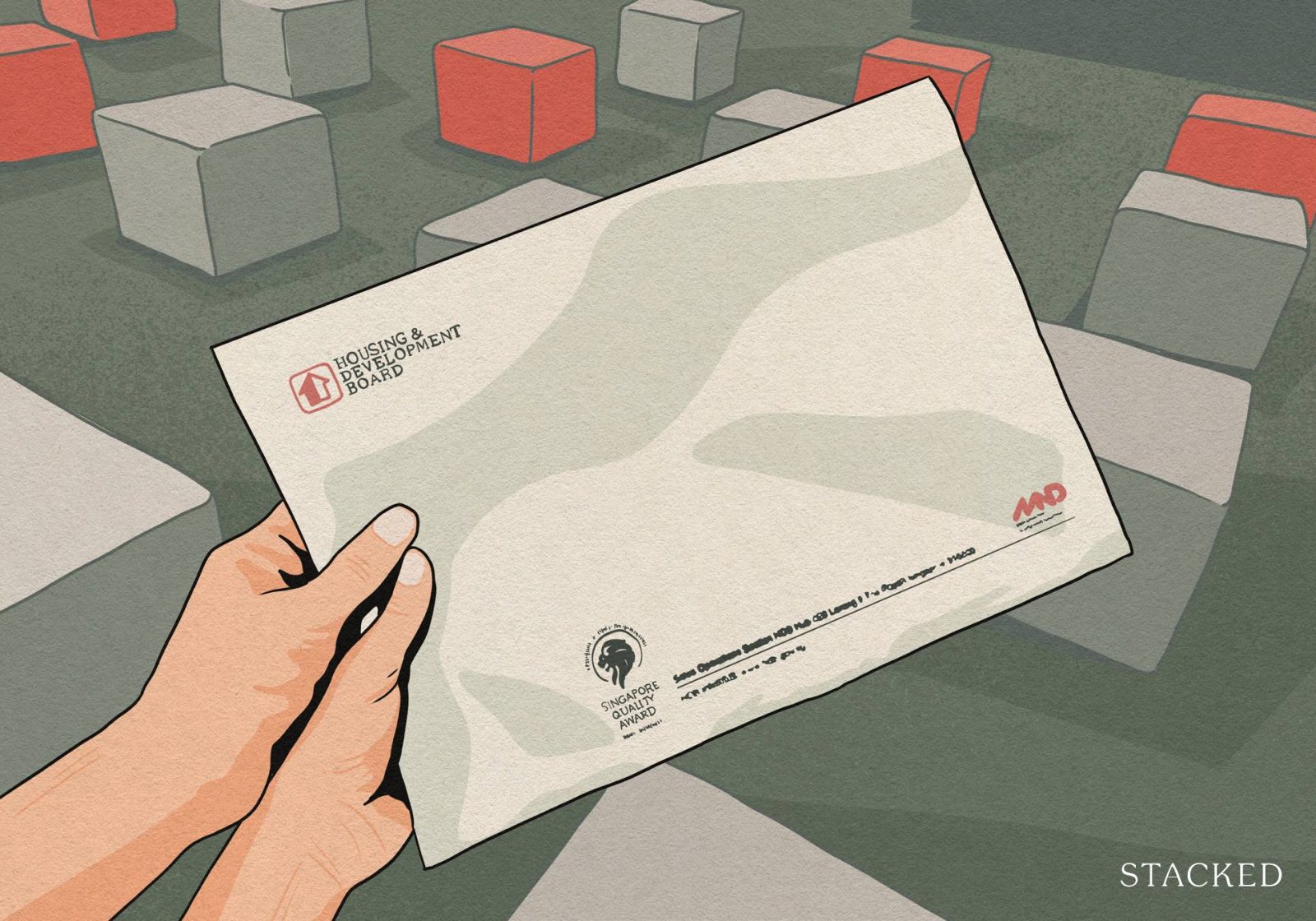
MT is a business developer, who briefly found work in the US. Her spouse accompanied her a few months later, finding work in the same city. But there was an issue as MT received her job offer between the time of successful balloting, and the actual key collection.
“We wrote in to explain that we both were in the first year of our new job, and that we weren’t intending on staying in the US for very long. My employer also provided a letter to declare I would be returning to Singapore at the end of my current project, which was in less than three years’ time.”
Given the short time span, it wasn’t viable for MT or her husband to surrender their flat; but it also meant they wouldn’t be living in it for those three years. MT says that:
“I have a cousin who is in the property line, he helped us to draft an appeal and told us what to do. I was quite surprised that we got permission to rent out the flat during those three years.”
MT decided not to spend the money, however, and topped up her CPF instead. She saw this as basically using the rental income to pay her flat loan. However, it wasn’t all smooth sailing:
“We were lucky because my cousin was around to help with the tenants and whatnot. There were some issues definitely, one tenant spoiled the cooker, and another one got a complaint by the neighbour, for smoking and playing cards noisily at night. If we didn’t have someone locally to help, I wouldn’t have done it, as it’s too difficult to handle these things when you’re not around.”
2. Leaving a 1,400+ sq. ft. condo unit vacant, for almost seven years
One of our readers, who just calls himself Toh, says his family only moved back into their condo in the Changi area in 2023. This was after leaving for Melbourne in 2016, where his daughter was studying.
Toh says that quite a few people have mentioned it’s “wasting money” to have left the unit vacant, but his family had reasons not to:
“My late father-in-law was a co-owner of the unit, so my wife feels it’s part of his legacy. We couldn’t have bought it without his help. So we didn’t feel comfortable with the idea of total strangers living here, especially since we have many family items, like commissioned portraits and my late in-law’s watch collection. It wouldn’t have been convenient to take everything with us.”
Toh also has spiritual reasons for this, as the family believe that leaving the home inhabited by strangers – especially for such a long period – removes the aura and sense of belonging.
Toh also says that, from time to time, the family did return to Singapore for one or two weeks at a stretch:
“We liked that we could come here to our second home any time, instead of a hotel or having to live with someone. I don’t think every house needs to be some sort of investment or some way to get rich. We should normalise the idea of treating a home as just a home. That will also make houses and rental affordable for everyone.”
3. Leaving a condo unit to a master tenant
CM is currently living with his parents in Sydney, and their four-bedder condo unit in Singapore is being rented out. Although it belongs to his parents, CM is in charge of renting it out and maintaining it, which he found difficult to do:
“The first couple of times I flew down to Singapore, talked to the property agent, and looked over the different tenants. I also came down twice a year to check on the state of the house. But it was getting too disruptive to my schedule, and it’s expensive to fly down just for these things.”
More from Stacked
5 Hard Truths About Being A Property Agent In Singapore No One Tells You
Everyone has an agent friend whom they've known from secondary school/army and is now seemingly leading a glamorous life.
CM eventually found a solution, in one of the better tenants he had:
“She’s a Malaysian lady who runs a bakery locally, and she’s really good: one time I came to check, and she showed me repainted the grouting between the bathroom tiles. She even changed the curtains because they were changing colour, and she properly kept and folded the old ones. She was also the one making sure all the switches were off, and she would sometimes wait to be the last one to leave as the others often forgot.”
CM speculates that, because she’s older and a small business owner, she’s a bit of a natural and keeping things in order. On the advice of his realtor, an arrangement was made to have the lady stay on as a master tenant.
In effect, the other tenants are now subletting from her, whilst she pays her own rent to CM (this is an arrangement legal for private properties, but not for HDB flats).
CM is quite happy with this, as she handles most of the day-to-day issues with the other tenants; this includes approving who gets to move in. It also means CM only has to collect rent from her directly, and doesn’t need to chase or check up on each subtenant.
4. Temporary accommodation for children when they get married
MM and his wife are currently living in Shenzhen, where his wife’s side of the family runs a trading business. When the couple left right after Covid, they were told rental rates were at an all-time high. While they were encouraged to lease out their three-bedder condo unit in Paya Lebar, the couple decided to forego the rental income for the sake of their children:
“My son just got married and they just got their flat, but they will need to wait a few years for it to be finished. In the meantime rental is so high, it will be almost half their pay every month. And I don’t really like to take tenants, because all our furniture and things are still here, we have nowhere else to put it; so I don’t want any damage.
So the best solution is to let our own children use it, because no one will take better care of the house. And they can save money for when they move in and need to renovate. In return, my son is currently paying the maintenance for the condo.”
MM says it’s quite likely, however, that the condo will be sold after the children move out:
“I will probably sell it and get a resale flat closer to them then, maybe once we get any grandchildren. The money will be used for my own business and retirement, I don’t want a bigger house. It’s just me and my wife so we don’t need a big place.”
5. A teaching tool for children
Bann currently resides in Jakarta with his wife, who is Indonesian. His three-bedder condo unit in Singapore, which he describes as “close to Newton,” is being rented. The unusual twist is that the tenant is his own son, who just turned 25 and joined the workforce this year.
Bann says he charges her “less than the market rate” for the condo, and that he’s free to sublet it if he wants:
“If he can find people to rent by himself, if he pays an agent to find tenants, that is all up to him. If he wants to sit there and do nothing, and pay the whole thing himself, that’s his choice to struggle also. But I’m hoping he learns some life skills from working and paying for the roof over his head, as he’s been quite sheltered for most of his life.”
Bann’s other reason for doing this is that, at some point in future, he intends to leave his properties to his son – and learning how to manage tenanted properties early will save him from expensive mistakes later.
Bann has no definite plans on when he’ll return from Jakarta, but he says that – if his son moves out – he will likely move back to Singapore to use the place for himself.
For more homeowner experiences in the Singapore property market, follow us on Stacked.
Ryan J
A seasoned content strategist with over 17 years in the real estate and financial journalism sectors, Ryan has built a reputation for transforming complex industry jargon into accessible knowledge. With a track record of writing and editing for leading financial platforms and publications, Ryan's expertise has been recognised across various media outlets. His role as a former content editor for 99.co and a co-host for CNA 938's Open House programme underscores his commitment to providing valuable insights into the property market.Read next from Homeowner Stories
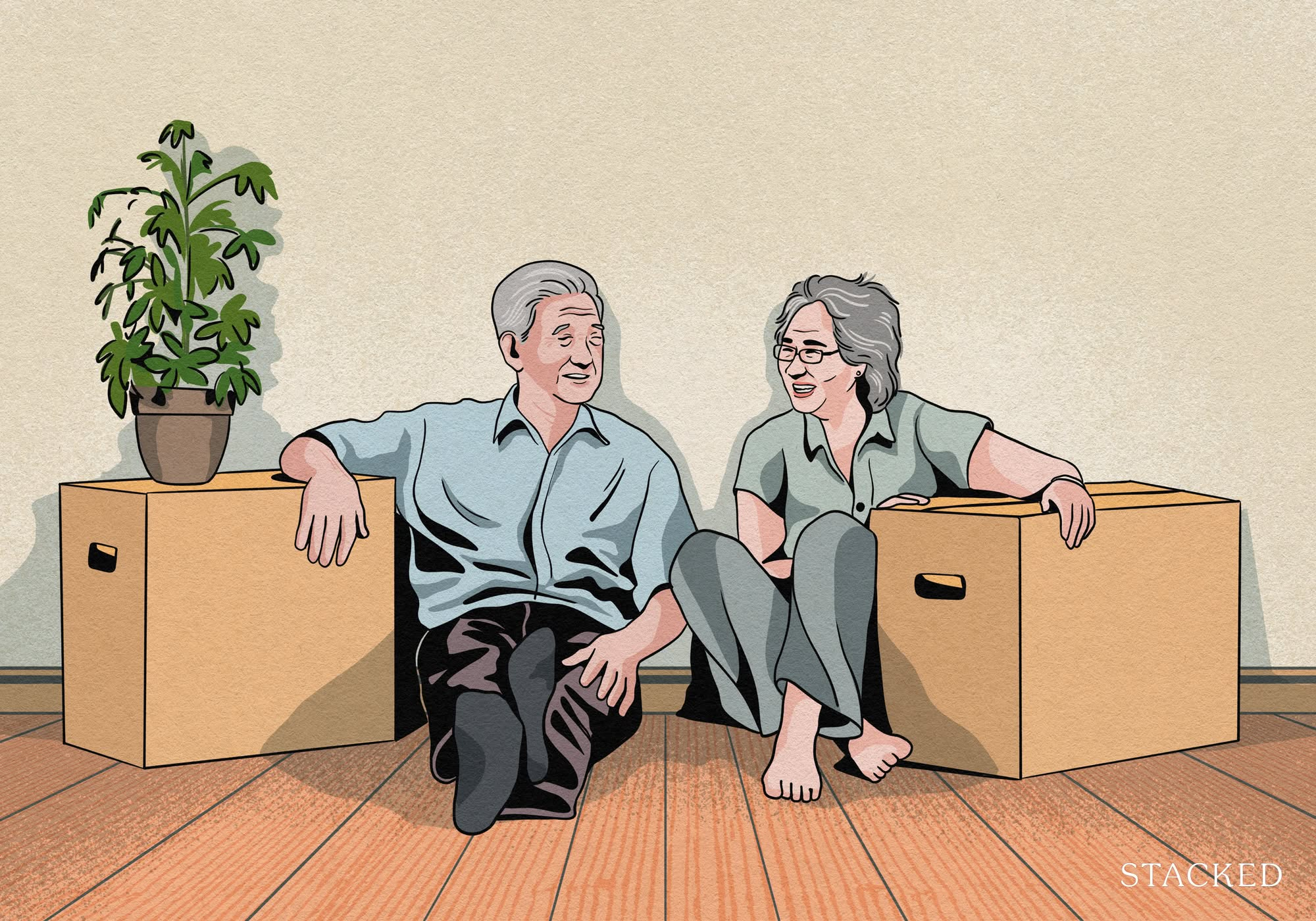
Homeowner Stories “If We Sell, We’ll Never Have A Home This Big Again”: What Singaporean Parents Do After The Kids Move Out
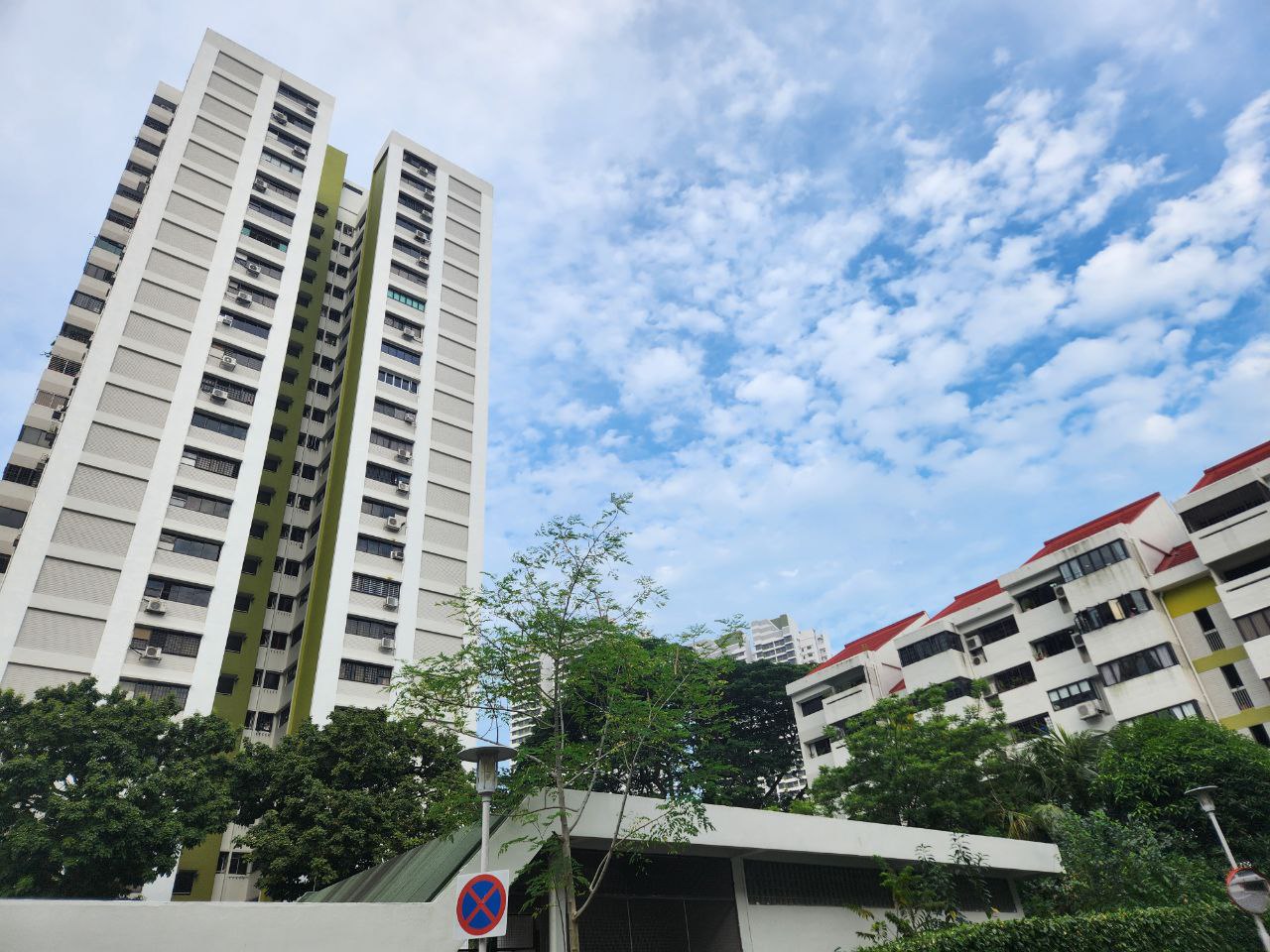
Homeowner Stories I’ve Lived In Braddell View For 14 Years: What It’s Like To Live In Singapore’s Largest Residential Site
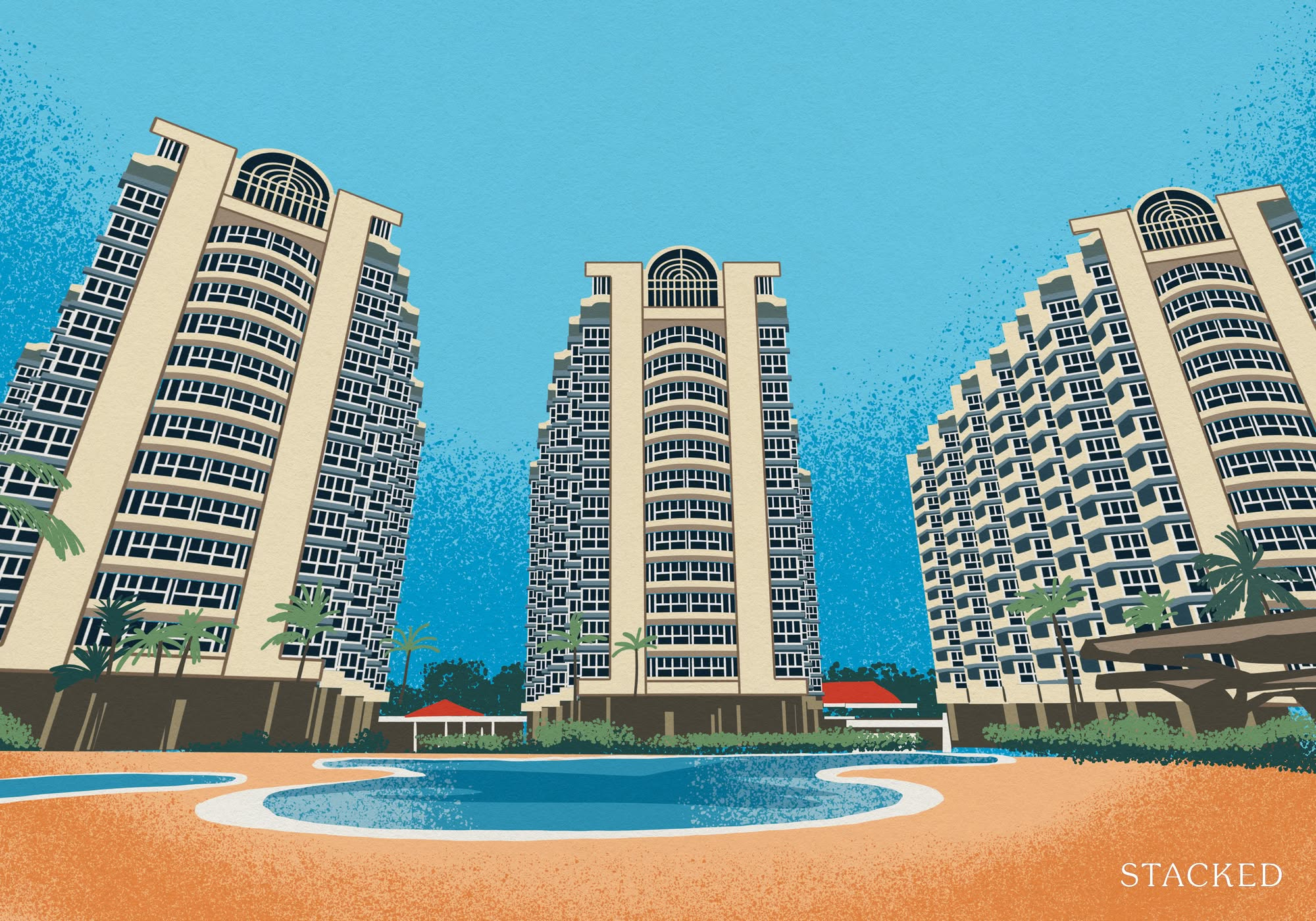
Homeowner Stories Why These Buyers Chose Older Leasehold Condos—And Have No Regrets
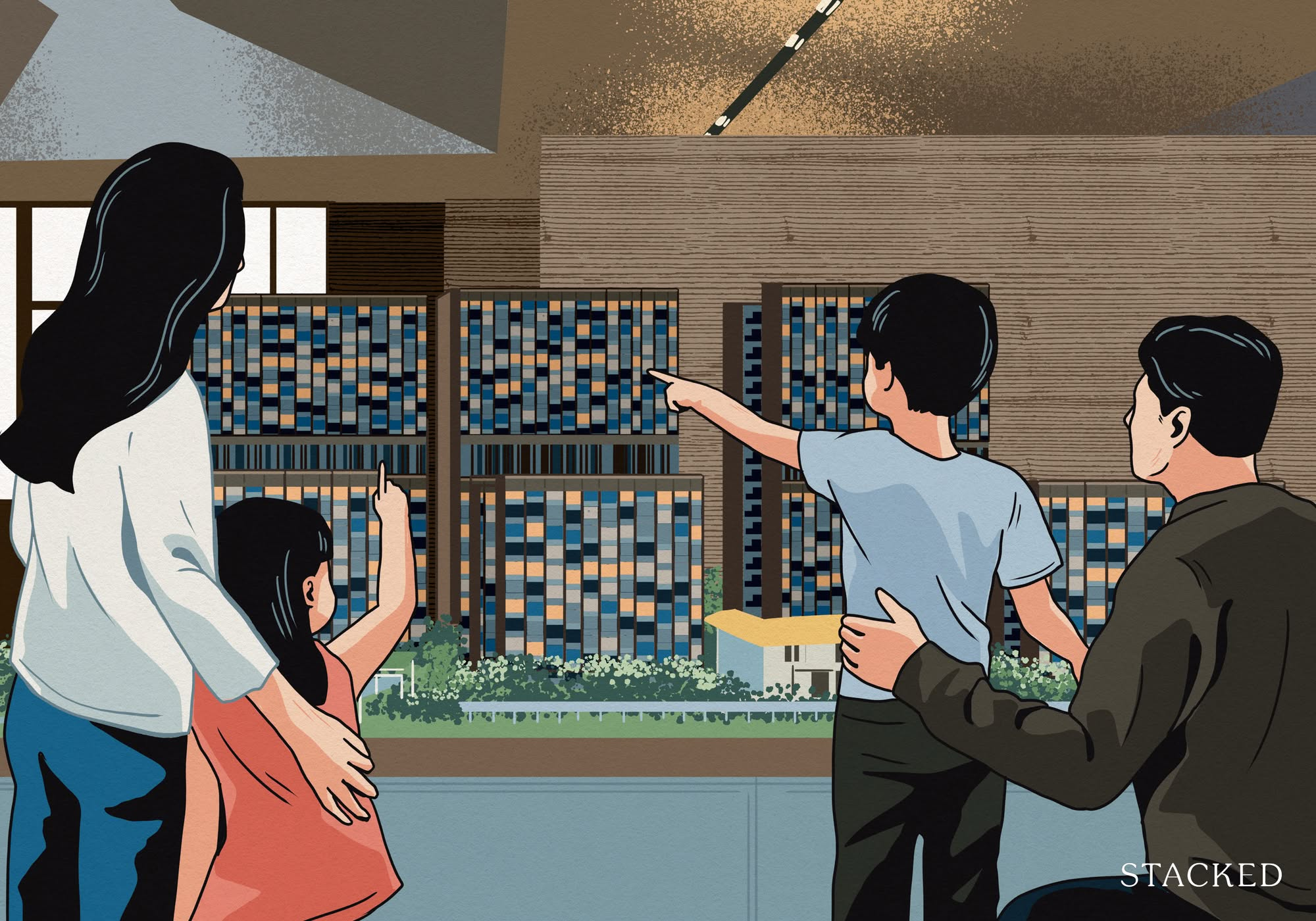
Homeowner Stories Why We Chose A $2.7M 4-Bedder At Lentor Mansion Over A Resale Condo
Latest Posts
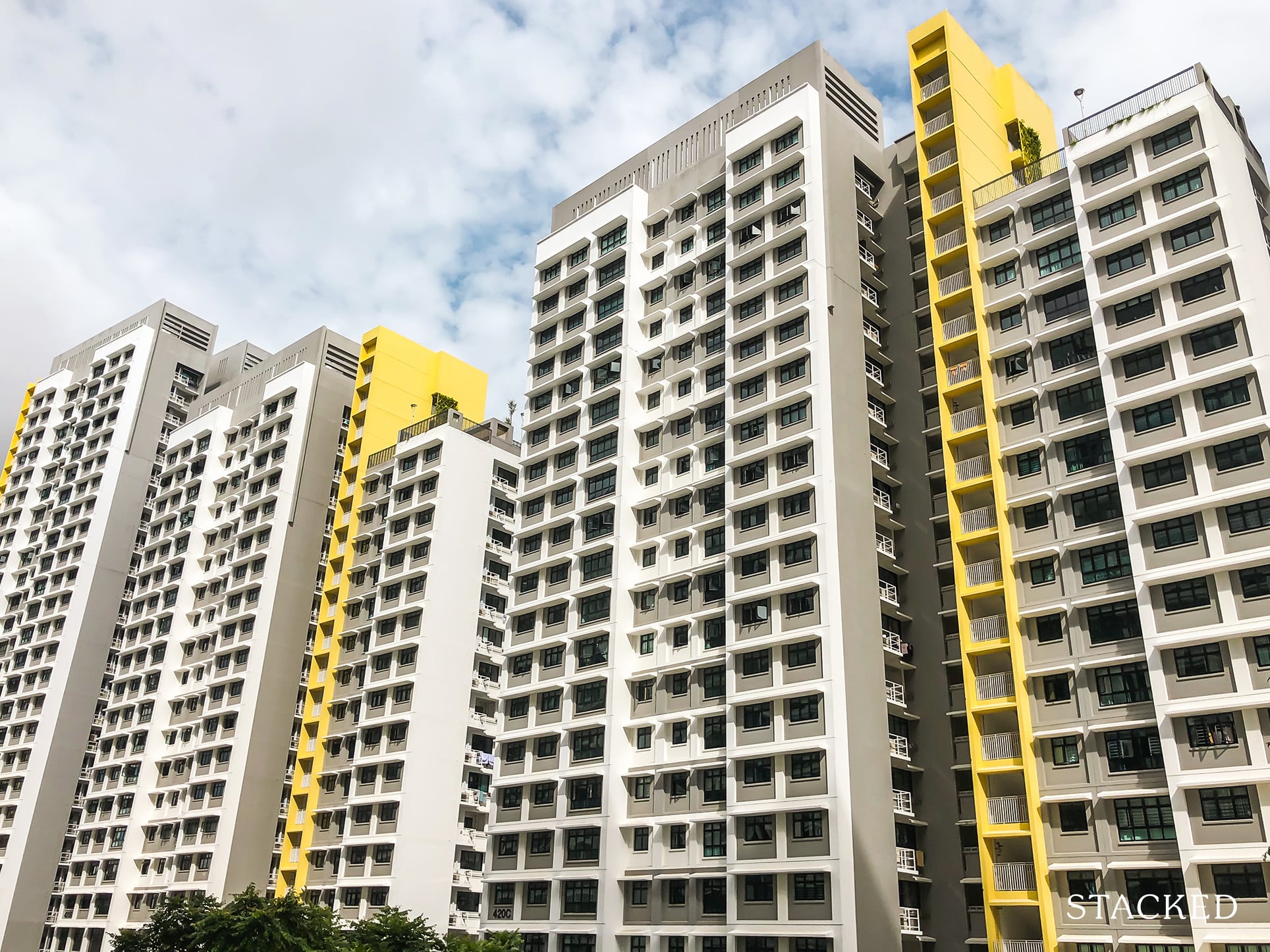
Property Advice Why Punggol Northshore Could Be The Next Hotspot In The HDB Resale Market
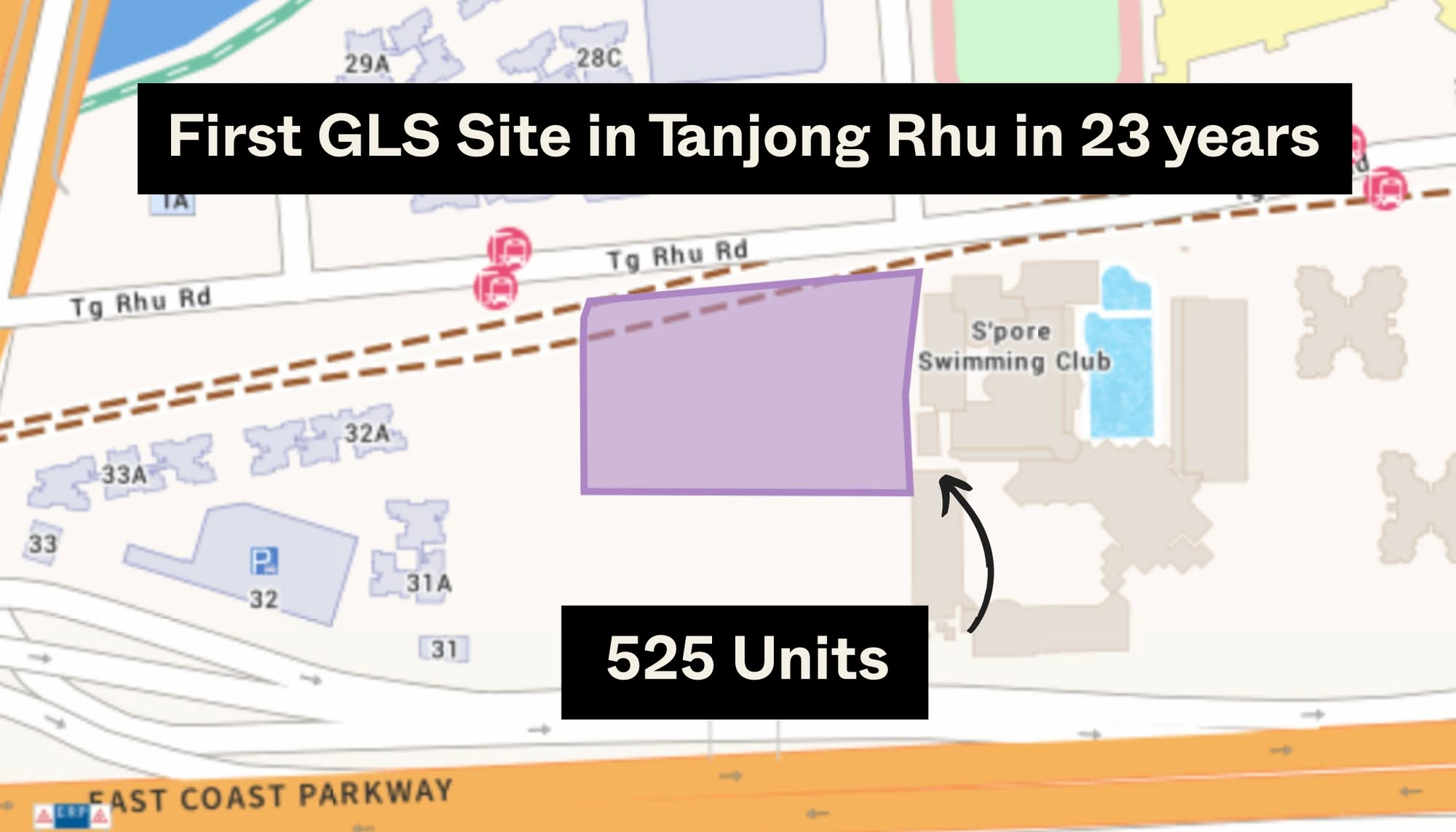
Singapore Property News 9,800 New Homes Across 11 GLS Sites In 2H 2025: What To Know About Tanjong Rhu, Dover, And Bedok
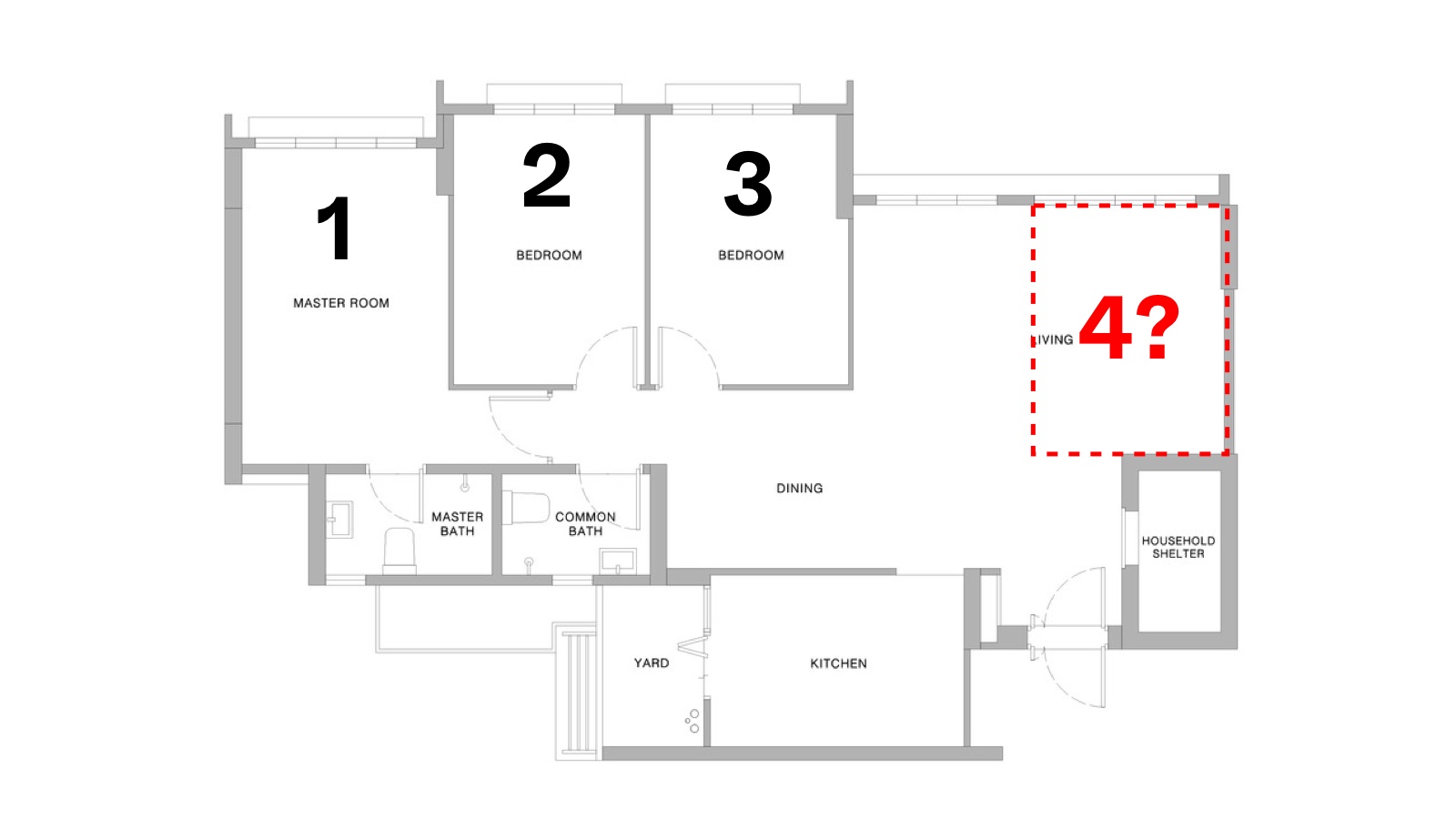
Singapore Property News Why HDB Needs To Build More 4 Bedroom Flats
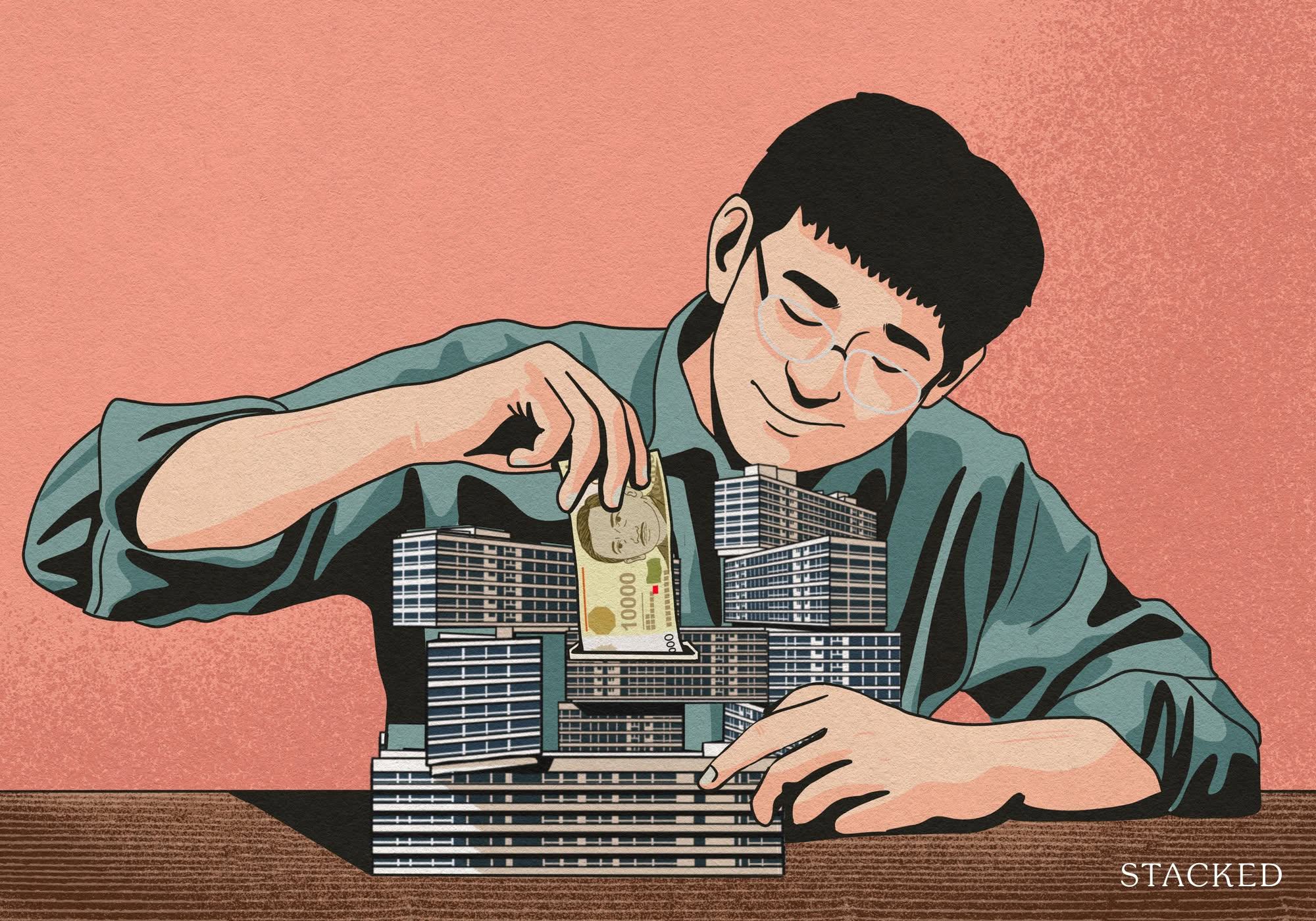
Property Advice How Much Is Your Home Really Worth? How Property Valuations Work in Singapore
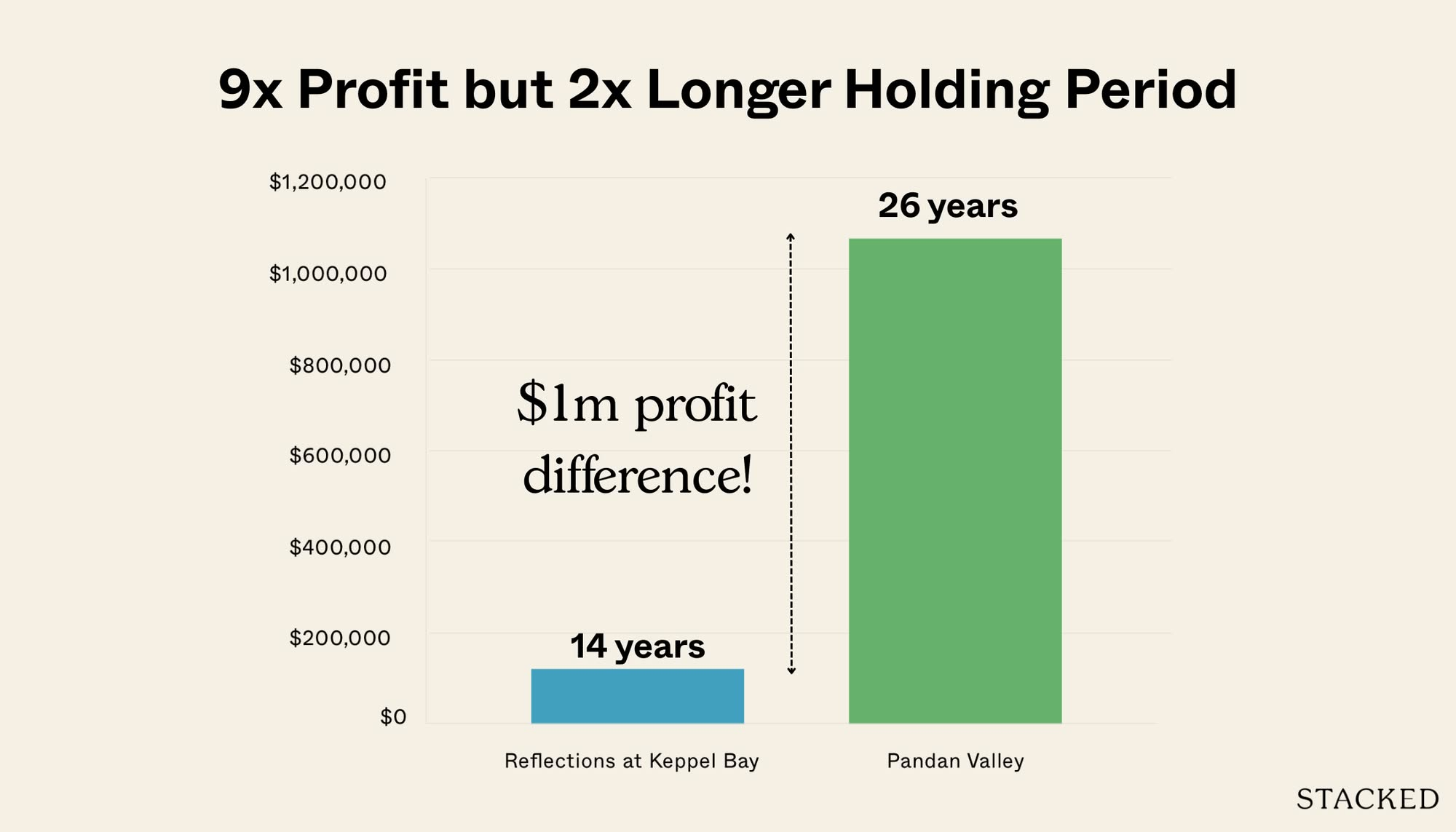
Property Investment Insights Singapore Property Data Is Transparent: But Here’s Why It Can Still Mislead You
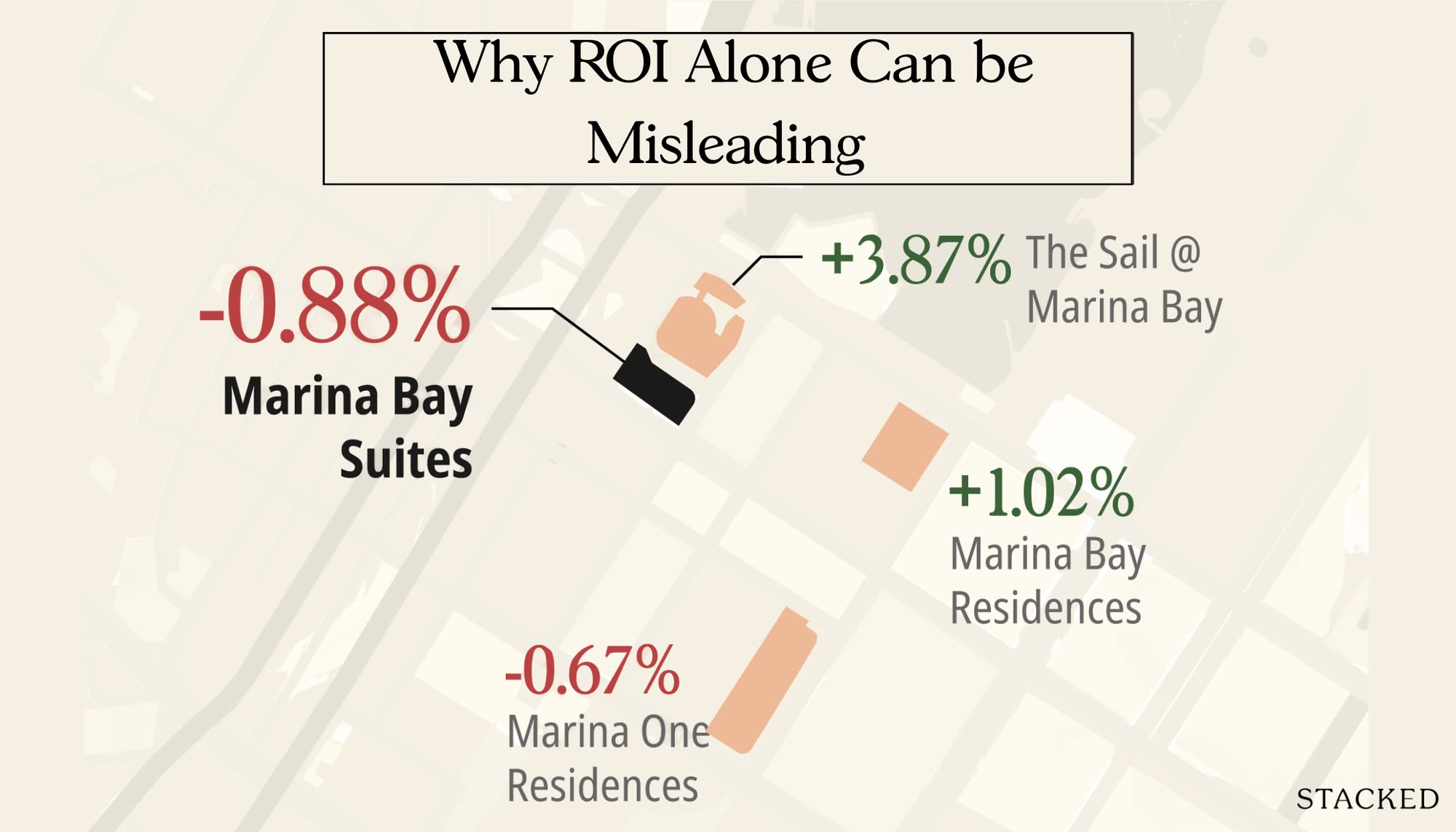
Pro Why Marina Bay Suites May Look Like a Poor Performer—But Its 4-Bedroom Units Tell a Different Story
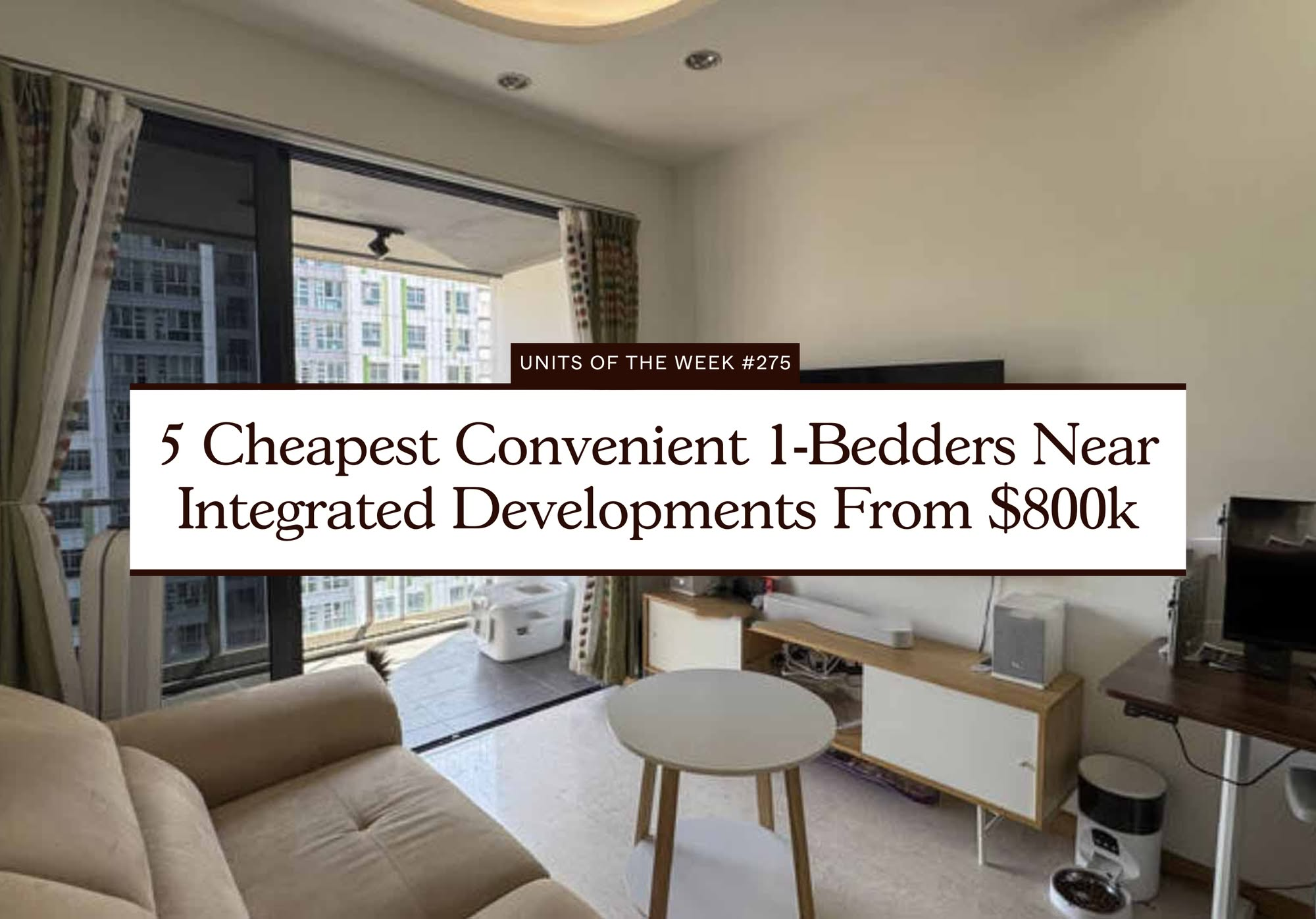
On The Market 5 Cheapest Convenient 1-Bedders Near Integrated Developments From $800k
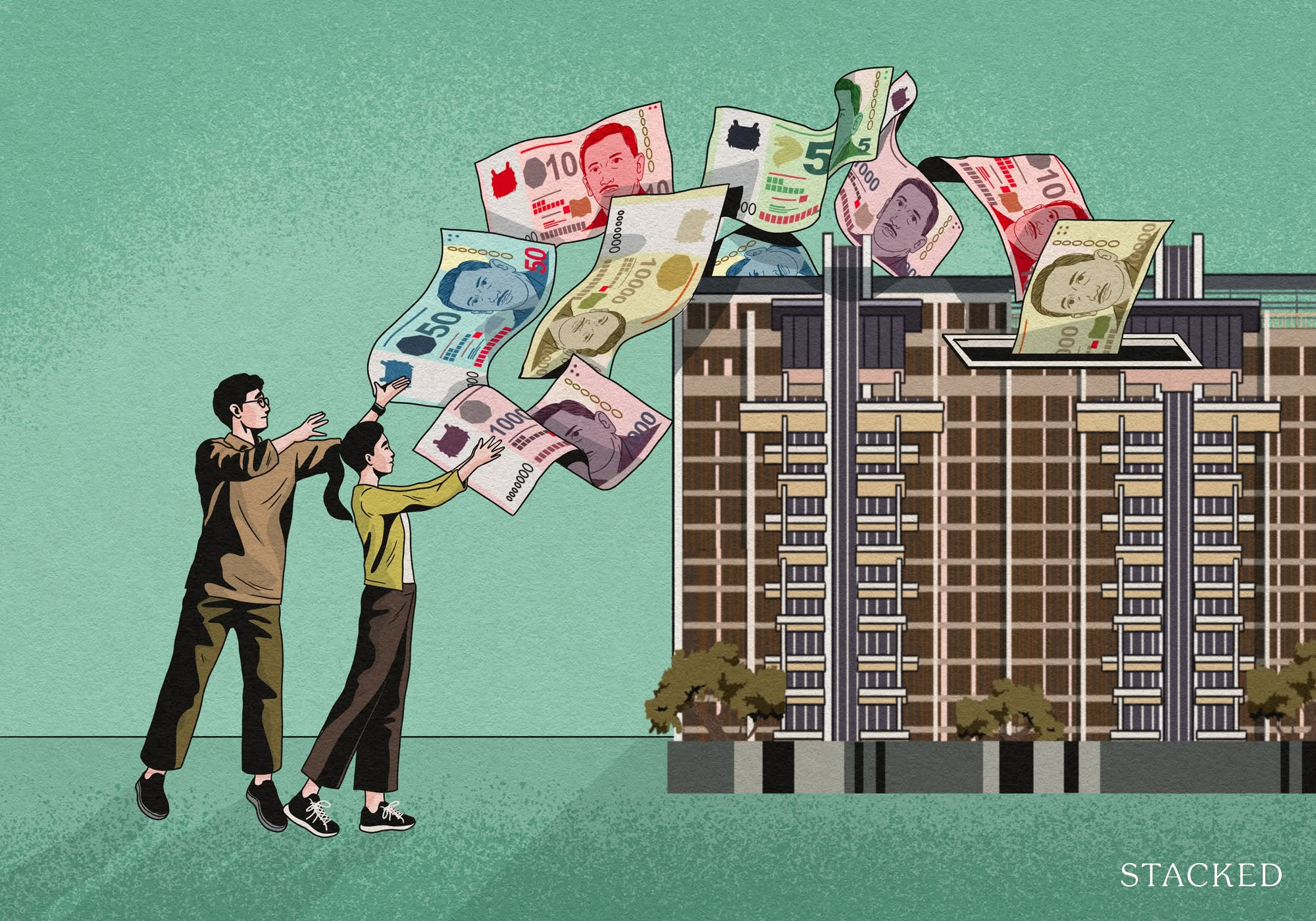
Property Advice Why I Had Second Thoughts After Buying My Dream Home In Singapore
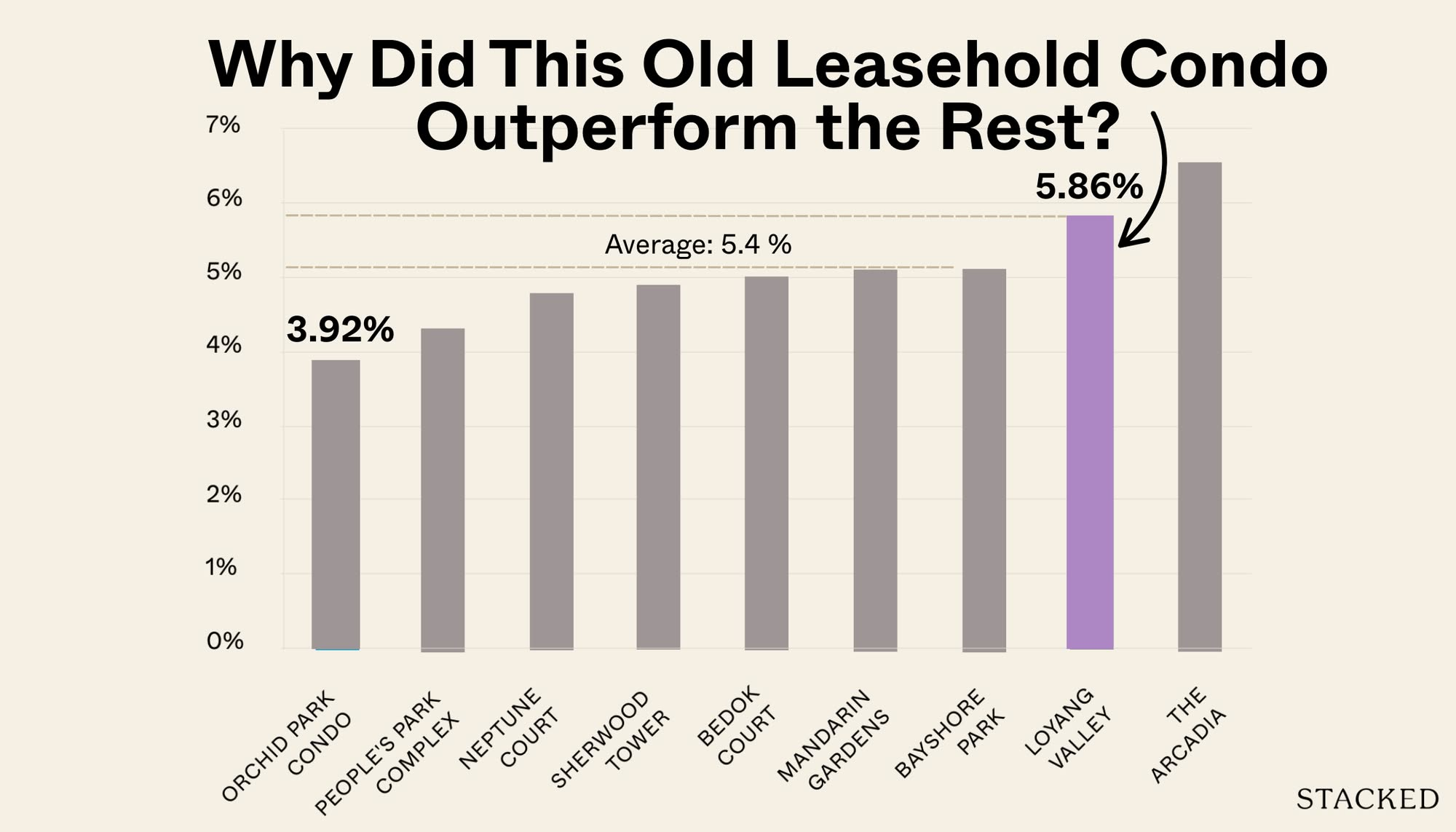
Pro Why This 40-Year-Old Leasehold Condo Beat Newer Developments: A Case Study Of Loyang Valley
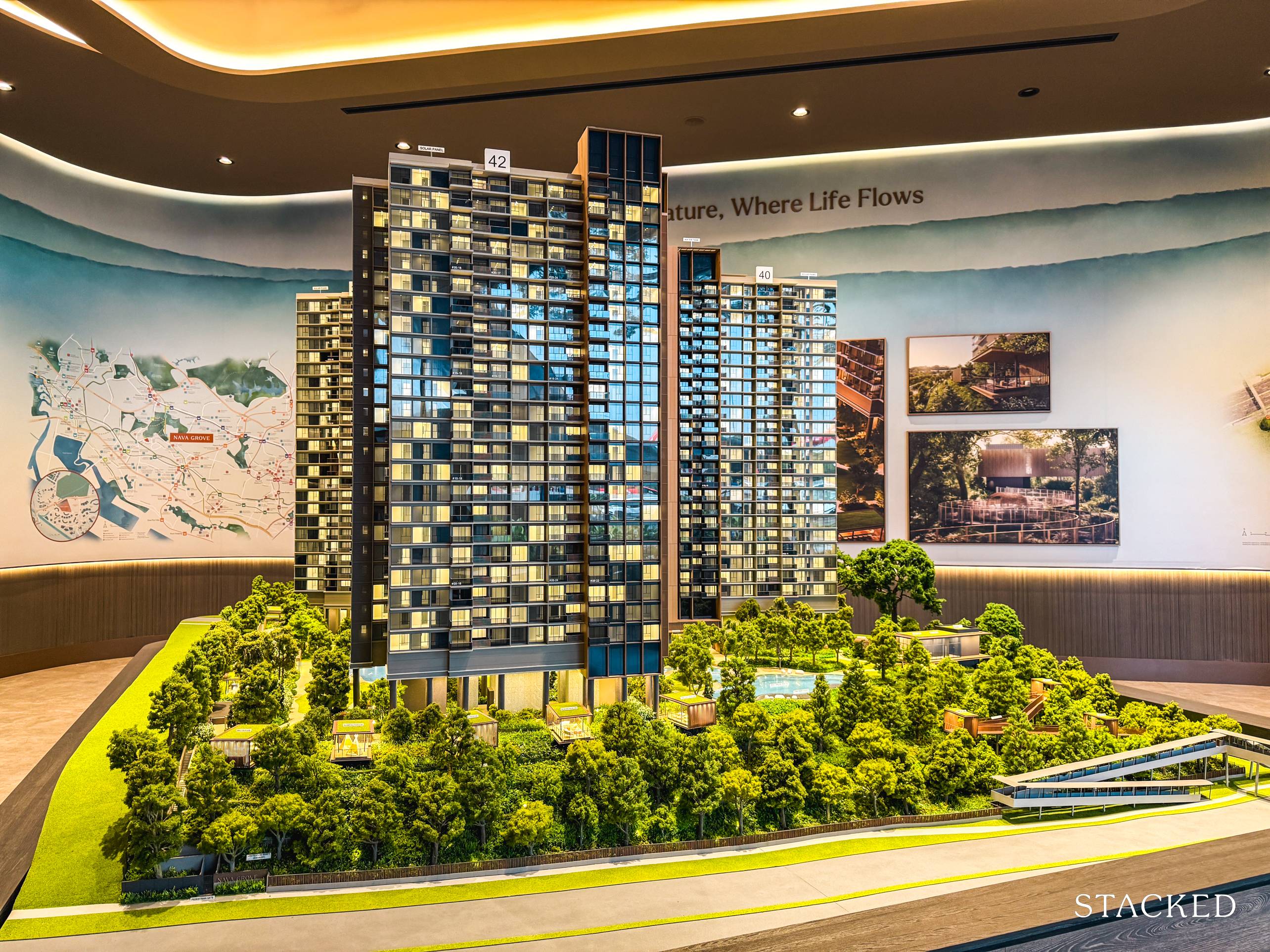
Editor's Pick 50 New Launch Condos With Balance Units Remaining In 2025 (From $1,440 PSF)

Editor's Pick Is Arina East Residences Worth A Look? A Detailed Pricing Review Against District 15 Alternatives
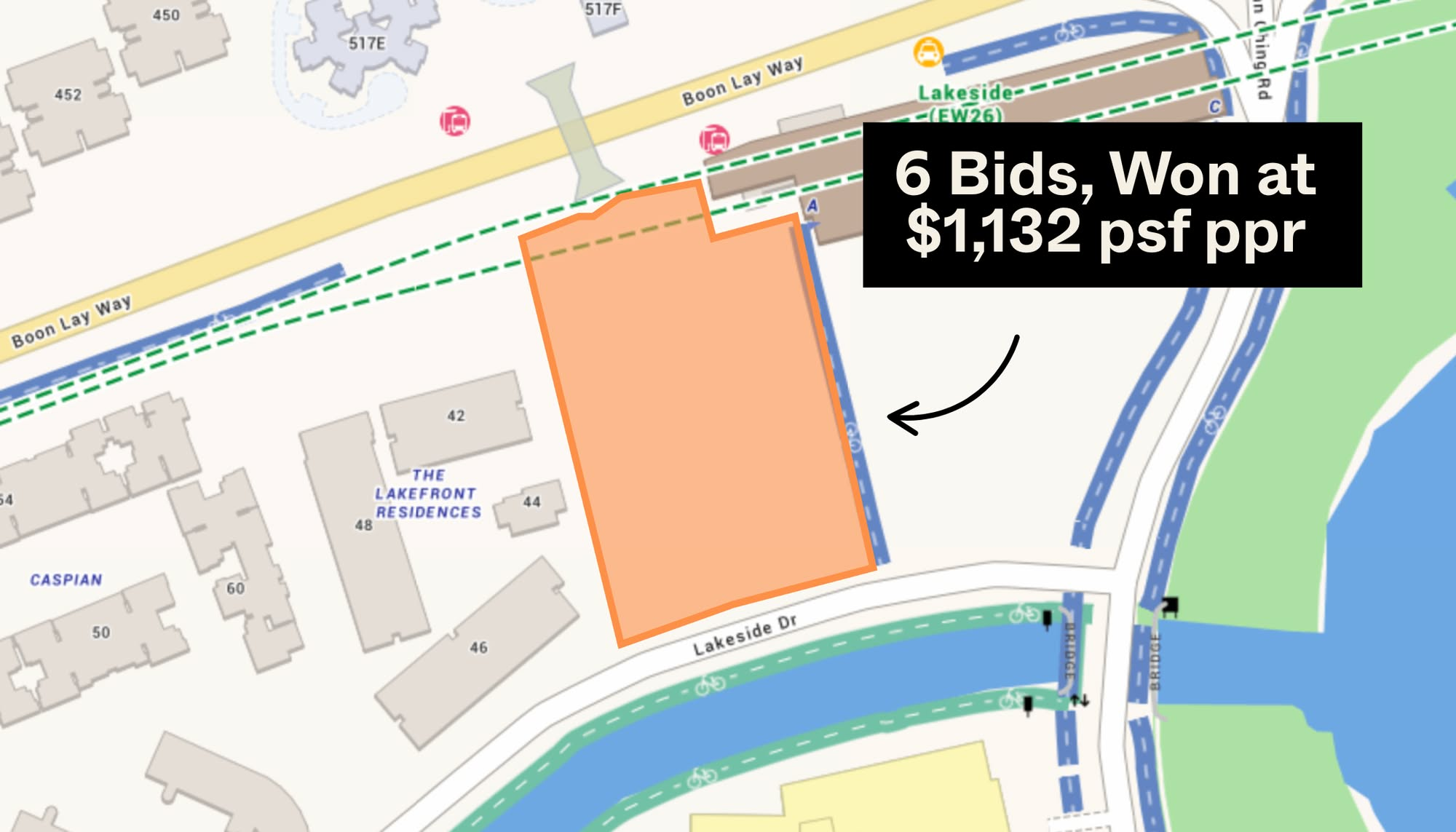
Singapore Property News This West-Side GLS Plot Just Got A $608M Bid And 6 Bidders: Why Lakeside Drive Bucked The Trend
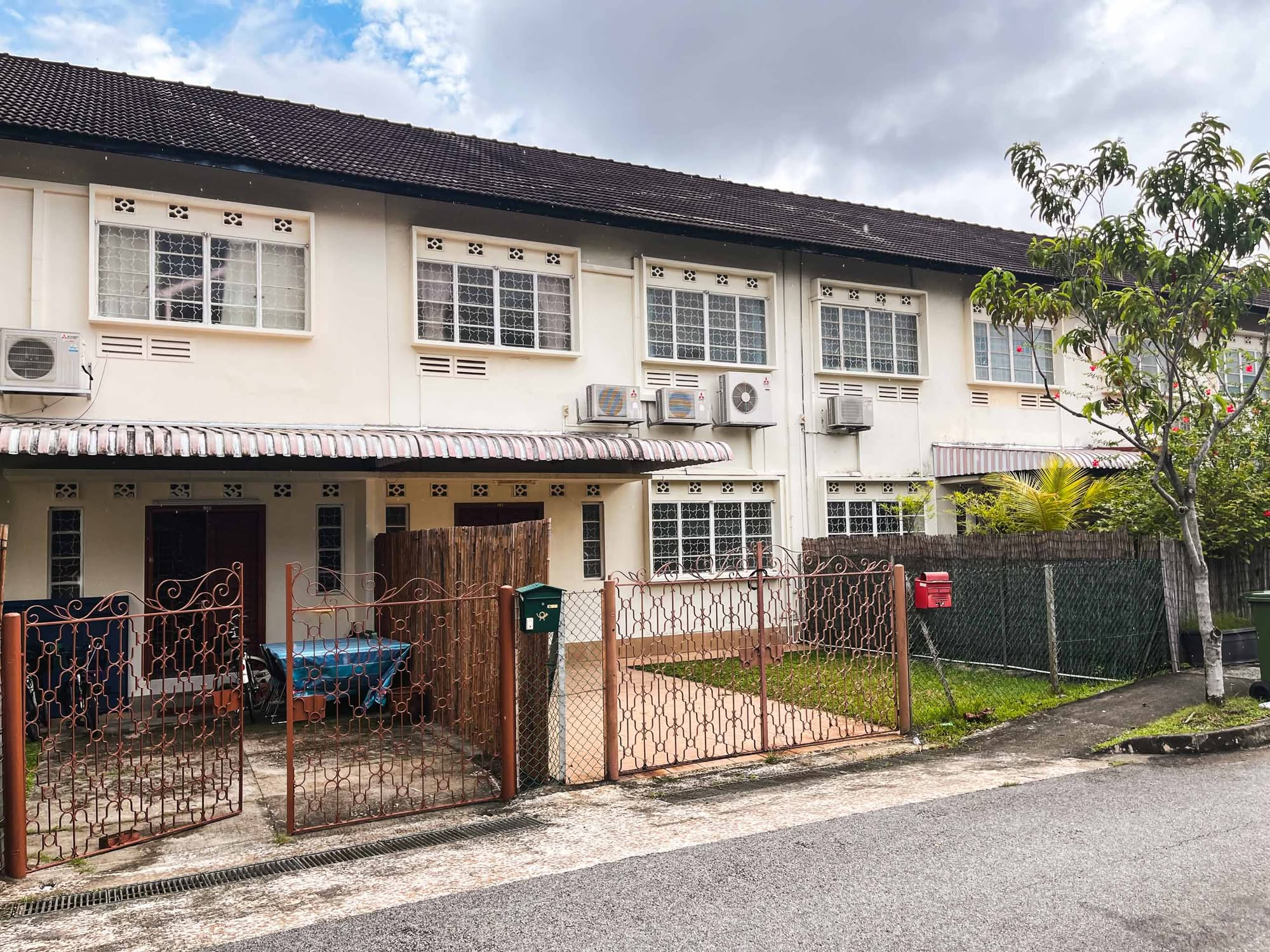
Editor's Pick Touring A Rare Stretch of Original 2-Storey Freehold Terrace Homes At Joo Chiat Place From $3.02m
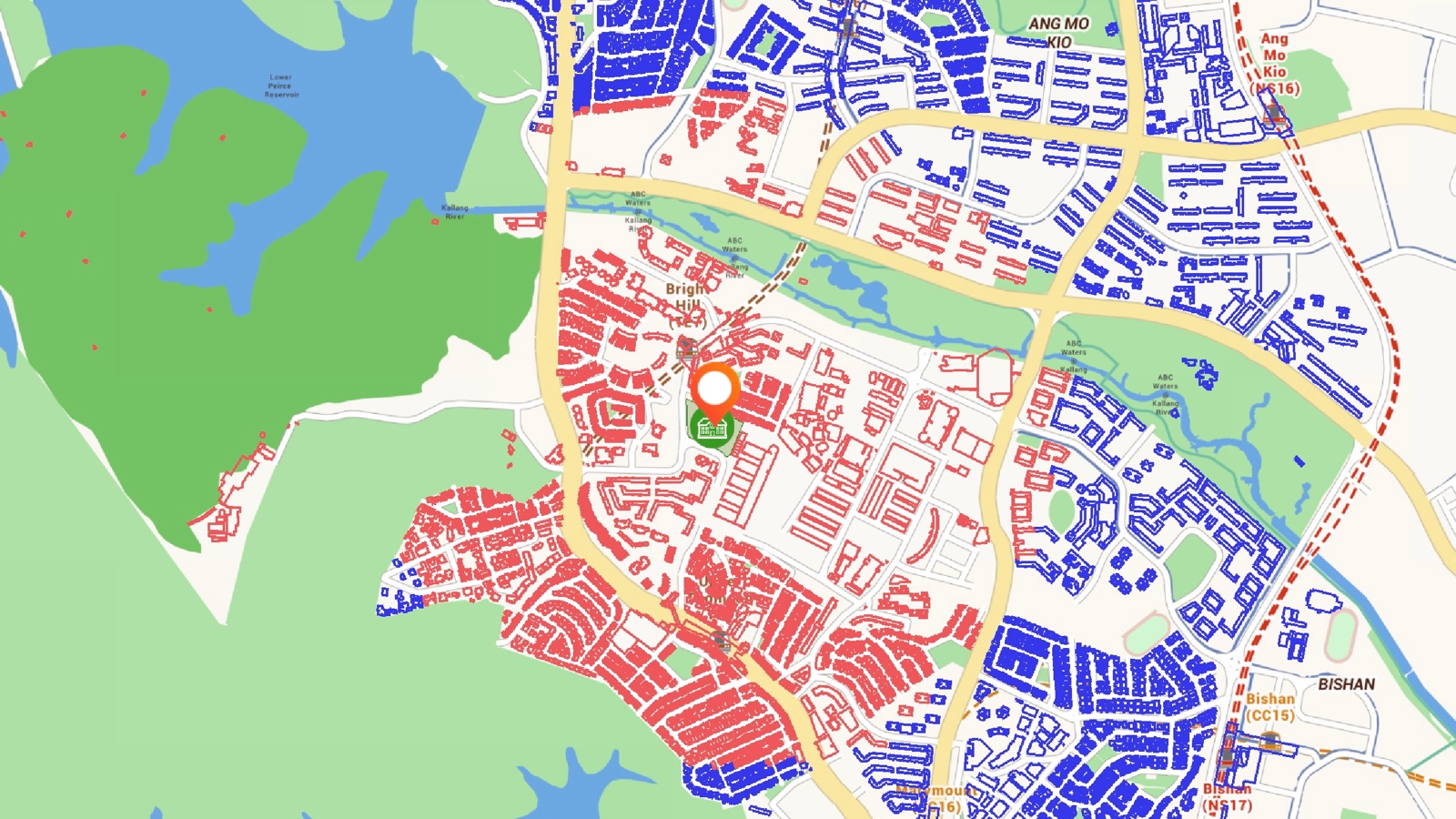
Singapore Property News The 1KM Primary School Rule In Singapore: Fair Game Or Property Power Play?
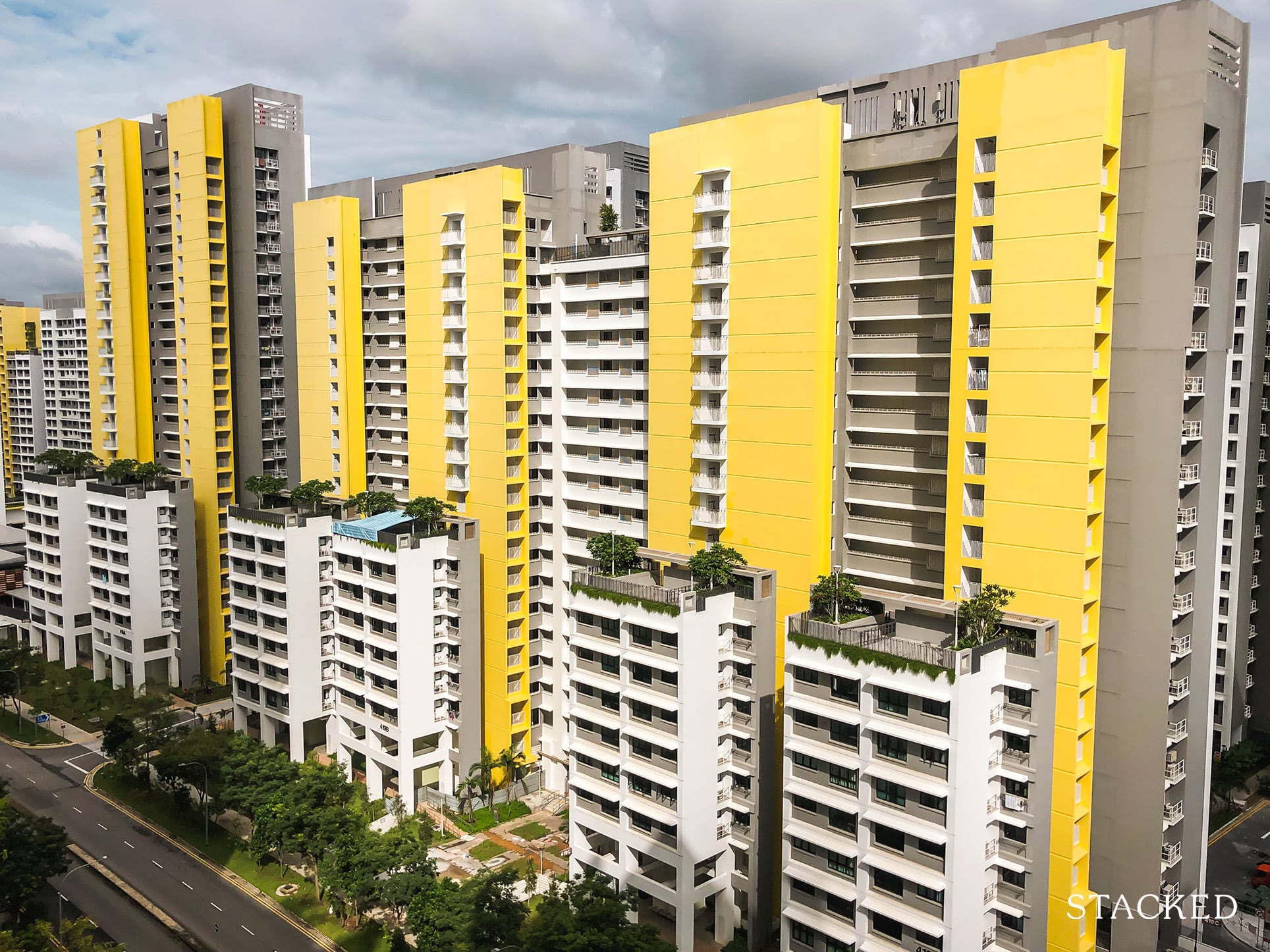
Singapore Property News 1,765 Punggol Northshore HDB Flats Reaching MOP: Should You Sell Quickly or Wait?


